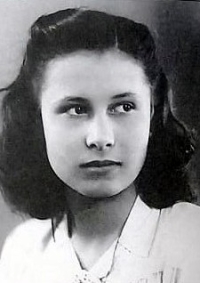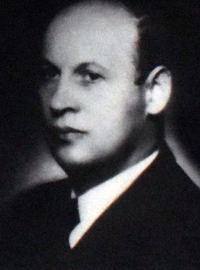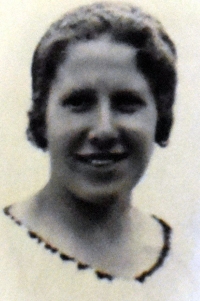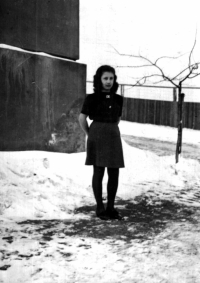They told us we were going to see Mommy

Stáhnout obrázek
Eva Merclová, maiden name Hejlová, was born on 6 July 1931 in Prague. Her parents were František and Milada Hejl, who joined the Sokol anti-Nazi resistance at the beginning of the German occupation. The family first lived in the Karlín district of Prague, and in 1935, they moved to a residential area in Strašnice. There, in mid-July 1942, Milada Hejlová was arrested by the Gestapo in front of her daughter Eva. On the same day, František Hejl was arrested at his work. At the end of the summer of the same year, the Gestapo took Eva and her younger sister Hana to the Jenerálka Chateau, where the Gestapo had set up a children‘s home for the children of arrested resistance fighters. After a year and a half, they were taken together with 44 other children to an internment camp in Svatobořice near Kyjov. On 12 May 1945, a special train was dispatched, which returned the children to Prague after almost three years. Only after the war did they learn that their parents had been executed in the Mauthausen concentration camp. The care of Eva and Hana was taken over by their grandmother, Růžena Škantová, the mother of Milada Hejlová. Eva graduated from the business academy in 1950. She married a year later and had a son in 1957. At the time of filming for Memory of Nations (2024), Eva Merclová was living in Prague.



